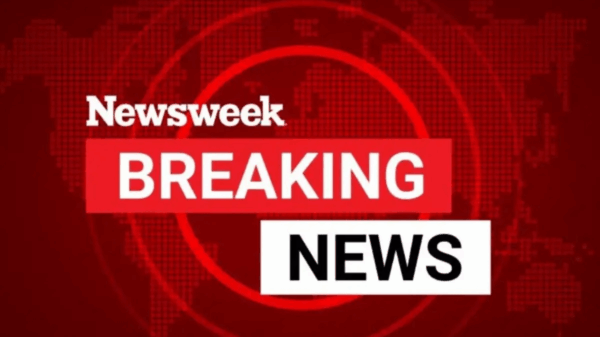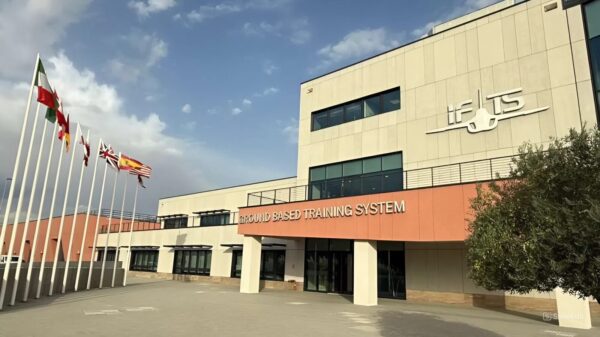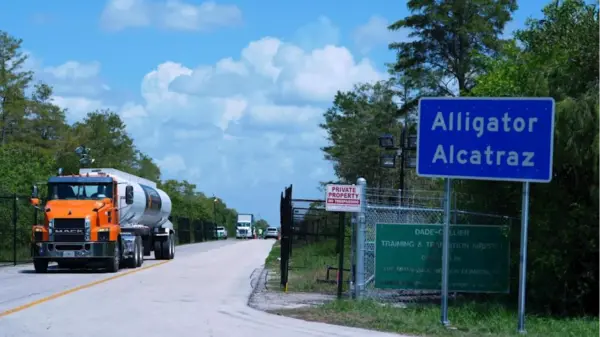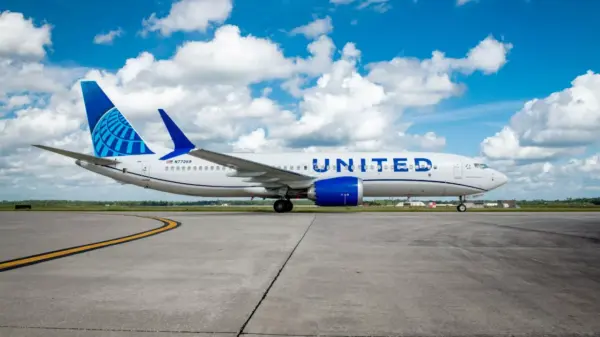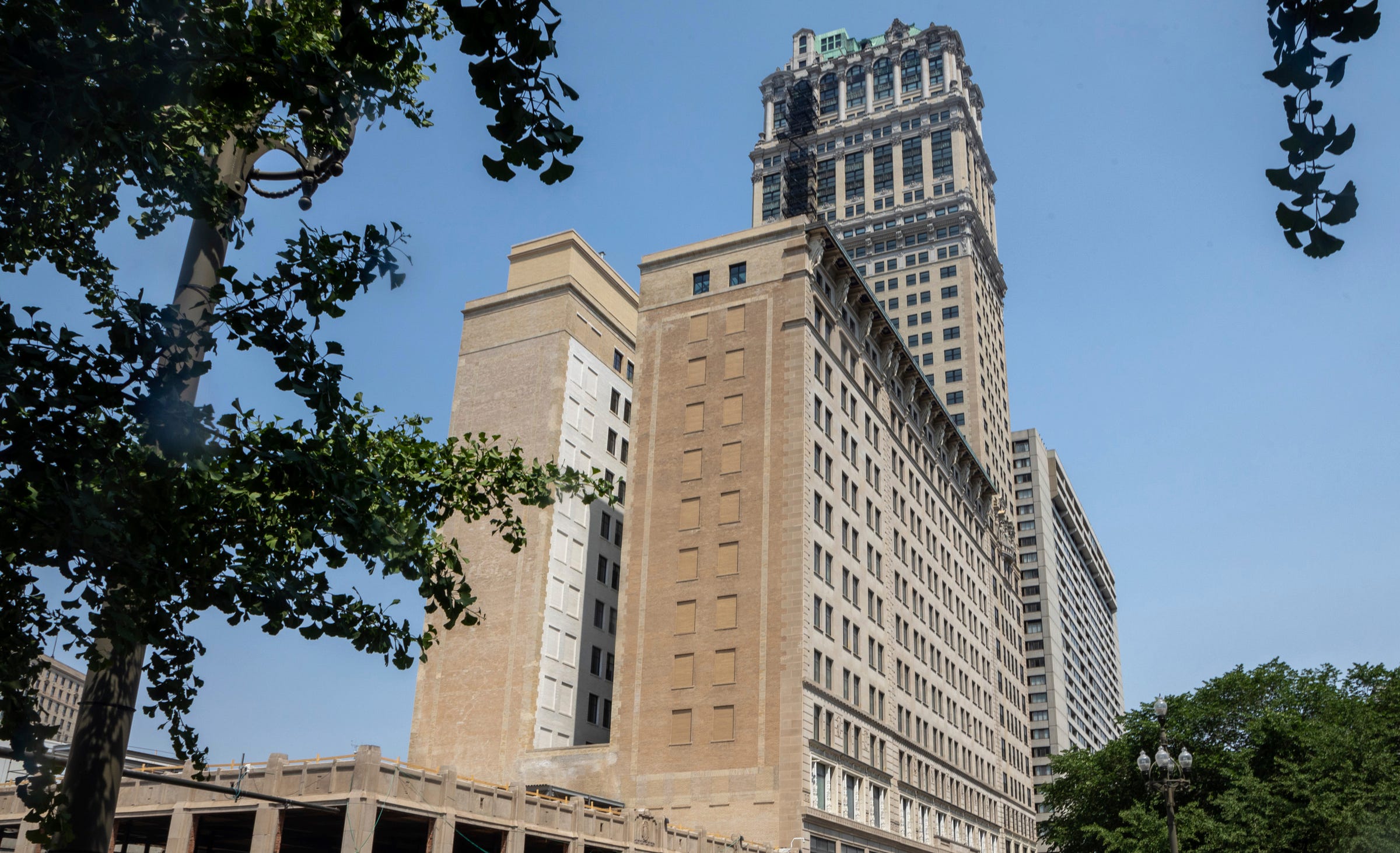The president of Bedrock, a prominent real estate developer, has publicly defended the use of taxpayer subsidies in Detroit projects following a lawsuit filed by the Free Press and the Mackinac Center for Public Policy. The lawsuit, initiated in March 2024, seeks to compel the Michigan Department of Treasury to release reports detailing the number of jobs created by Bedrock’s downtown developments, including the Hudson’s building, Book Tower, and One Campus Martius. The Free Press aims to assess job growth linked to these projects, questioning the effectiveness of the subsidies granted under the Transformational Brownfield Plan.
While Bedrock maintains a neutral stance on the ongoing legal proceedings, the organization emphasized its understanding of the need for strict protections regarding taxpayer information. Bedrock’s president articulated concerns regarding the assumptions underlying the Free Press’s inquiry, suggesting that the premise—that new office spaces have not attracted users and jobs—overlooks significant market shifts caused by the COVID-19 pandemic.
The president pointed out that according to JLL, a global real estate services firm, net leasing activity across the nation has been negative in 18 of the last 20 quarters, contributing to over 1.1 billion square feet of vacant office space. Metro Detroit has not escaped this trend, reporting a negative net absorption of 370,000 square feet of office space in the most recent quarter.
Adapting to New Economic Realities
Acknowledging the profound effects of the pandemic on the office market, Bedrock’s president noted that state lawmakers have reformed the brownfield program significantly since its inception in 2017. The original focus on creating office jobs has shifted towards developing vibrant mixed-use communities. In 2023, the Michigan Legislature updated the program to support a broader range of developments, integrating residential, shopping, dining, and entertainment components to foster economic vitality.
As part of this transition, Bedrock submitted an amendment to its Transformational Brownfield Plan in 2024, which was approved in February. This amendment reflects the new focus on diverse uses, with tax reimbursements projected to come predominantly from sources other than office jobs. The president highlighted the futility of comparing Bedrock’s current transformational projects to outdated office job estimates from 2017, which were calculated under a different economic paradigm.
A critical question raised is how to effectively measure the return on the state’s investment in these projects. The president emphasized the substantial impact of Bedrock’s initiatives, which are set to bring over $2 billion in investment to the city through developments like Hudson’s Detroit, the Book Tower, and One Campus Martius. Each year, the expected reimbursement from state taxes will amount to just 0.6% of this total investment, demonstrating a significant public-private partnership.
Transformational Impact on Detroit
Bedrock projects are anticipated to generate hundreds of new jobs in sectors such as hospitality, retail, and dining while enhancing Detroit’s appeal as a tourist destination. The Book Tower has already garnered recognition from notable publications, including The New York Times and Travel + Leisure, as one of the best places to visit globally. Hudson’s Detroit has emerged as a landmark, drawing significant events and conferences that showcase Michigan to an international audience.
The commitment of Bedrock’s founder, Dan Gilbert, further strengthens the case for these initiatives. Gilbert’s philosophy prioritizes long-term community benefits over immediate profits, as illustrated by his statement regarding the Hudson’s project: “… there won’t be a profit (in Hudson’s) until after you all are grandparents.”
The president concluded by expressing respect for the media’s role in public discourse while reinforcing the value of the transformational projects undertaken by Bedrock. He conveyed a strong belief in the positive outcomes generated by these public-private partnerships, aimed at reshaping Detroit’s future for generations to come.



